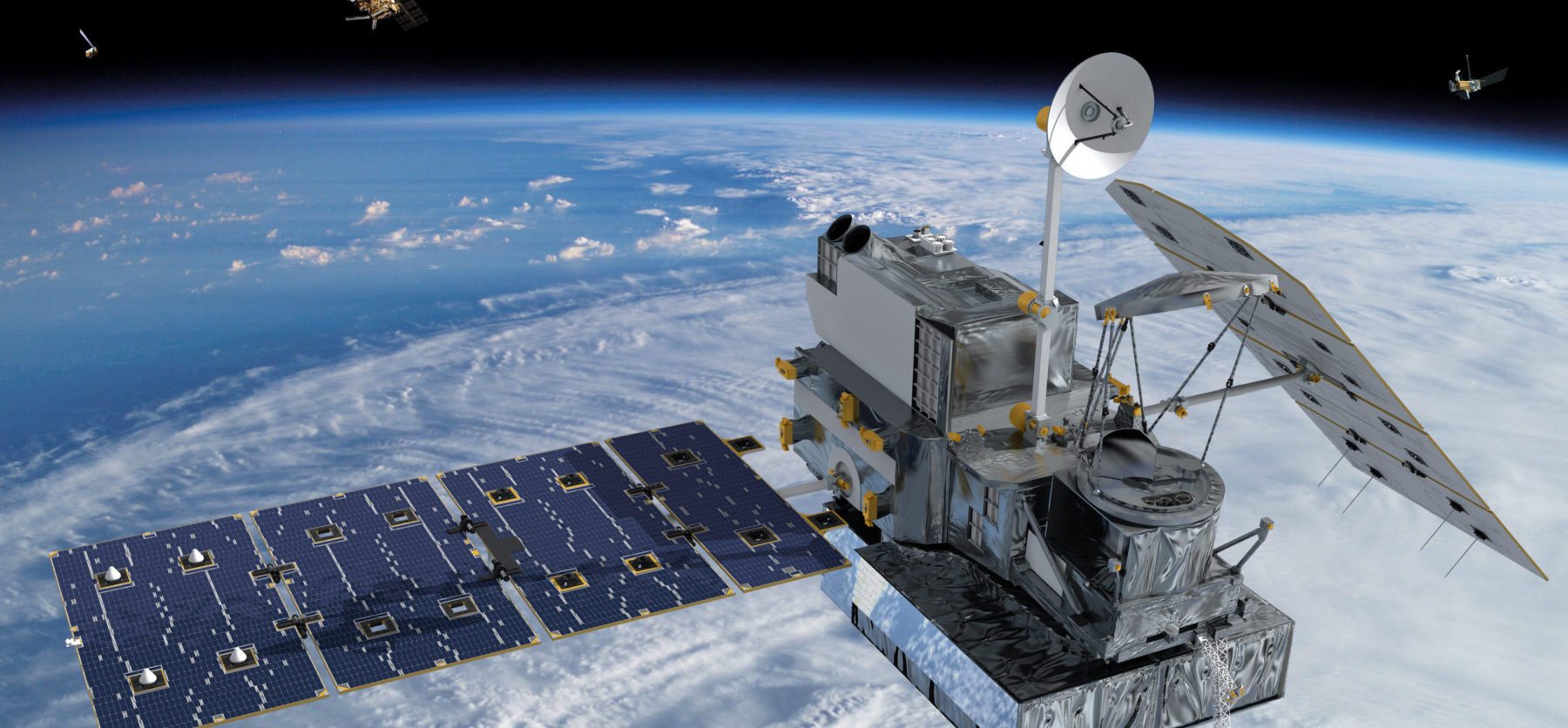Warwick students design fully-orbiting satellite
A fully-orbiting satellite aiming to help global conservation projects is being both designed and built by Engineering students at Warwick. The satellite is set to be launched to the International Space Station (ISS).
The Warwick University Satellite Project (WUSAT), based at Warwick’s School of Engineering, is developing its third satellite named WUSAT-3.
WUSAT is a multi-disciplinary 4th Year Mechanical Engineering satellite-engineering team, which has been around for ten years.
The aim is for the satellite to aid in the protection of bird and animal species, achieved by the monitoring of migration patterns from space.
Once WUSAT-3 is launched to the International Space Station, it will be deployed into Low-Earth Orbit using a NanoRacks CubeSat deployment system which is on board the ISS.
The satellite has been designed to work alongside the International Cooperation for Animal Research Using Space (ICARUS) hardware which is already on board the ISS.
WUSAT-3 will be able to track both birds and animals on Earth by locating smart tags. The tags are attached to them through the use of its four deployable antennae, a high-resolution direction finder, and a highly accurate orientation system.
A Warwick satellite being launched from the International Space Station will be an enormous achievement for all concerned.
Dr Bill Crofts, external expert for European Research Council
It is believed that this is the first specific Engineering research group that is dedicated to Space Technology in the UK.
Dr Bill Crofts, an external expert for the European Research Council is leading the WUSAT project.
He explained that the team is unlike any other, saying: “WUSAT-3 is a highly ambitious leap forward, but the excellent Warwick Engineering students I have worked with over the past ten years will be more than capable of achieving this extraordinary engineering objective.
“A Warwick satellite being launched from the International Space Station will be an enormous achievement for all concerned – the team, our collaborating companies, the School of Engineering at Warwick, and Warwick University itself.”

Comments